A new study finds that wheat grown using a 10-layer, indoor vertical farm could have a yield between 220 and 600 times greater than current farming methods.


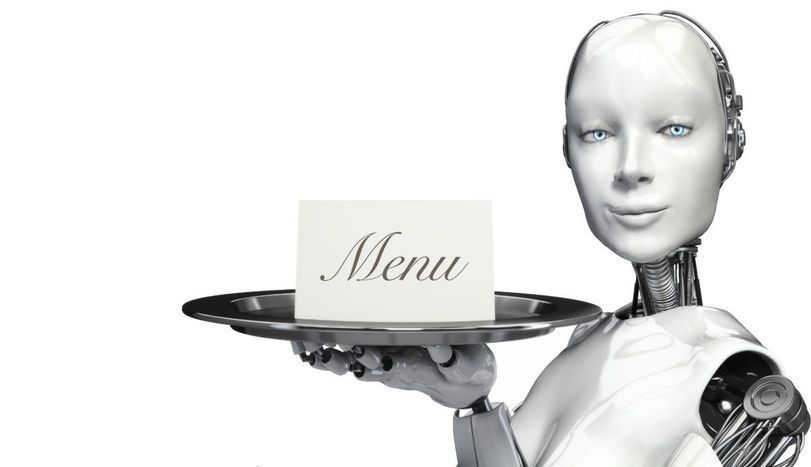
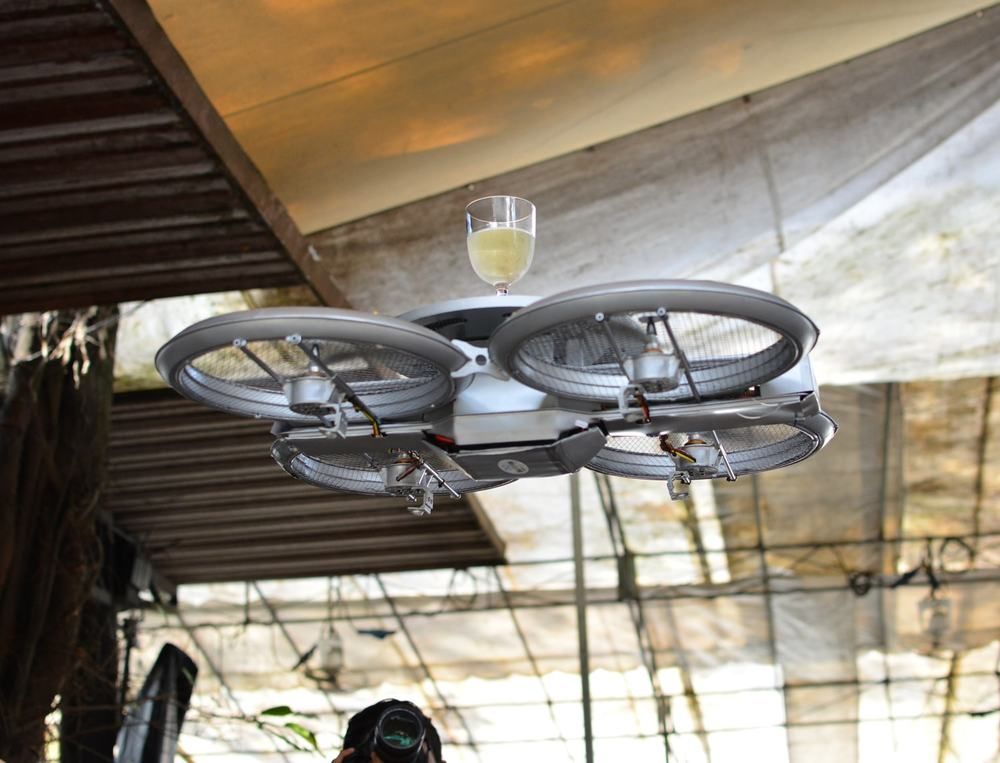
According to Forbes, payroll costs consume up to 25 per cent of a restaurant’s profit. Restaurateurs in Sydney and other parts of Australia hope to combat that expense by following in the footsteps of venues in Asia that have used drone waiters instead of human wait staff.
Faster and Human-Free Waiter drones are robotic devices that soar through the air with platters of food and glasses of beverages perched on top. Customers place their orders via electronic devices or other means, then the kitchen sends out their food on trays carried by machines rather than humans. Each drone can carry up to 4.4 pounds of cargo.
Sensors on the sides of the drones prevent them from crashing into objects or people as they navigate busy restaurants. While this strategy eliminates the human element that many experts believe is essential to the hospitality industry, the waiter drones’ success in Asia suggests they might prove a valuable contribution to restaurants in Australia.
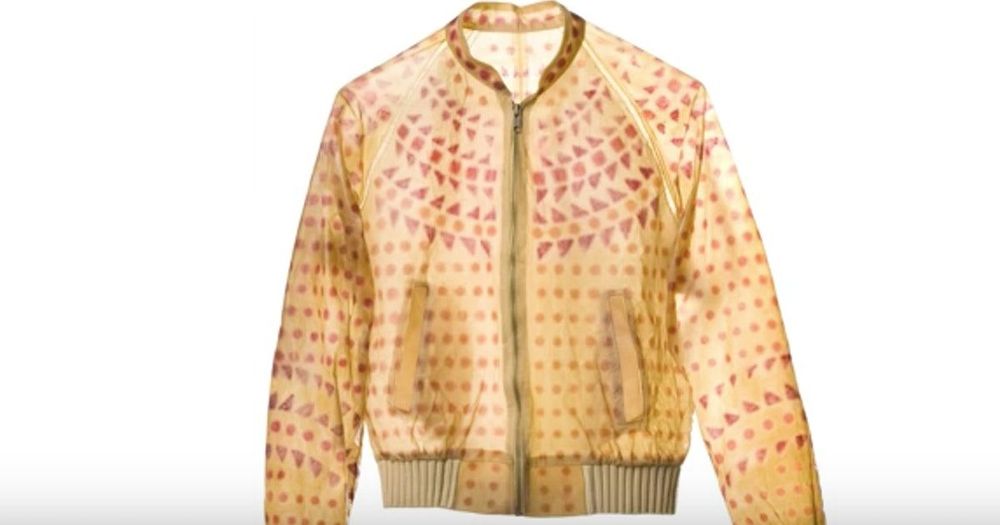
Circa 2018 face_with_colon_three
If you don’t like mushrooms, it might be because you haven’t tried them yet in dress or jacket form. Believe it or not, mushrooms can now be fashioned into flexible leather-like clothing, purses, pants, and even durable furniture and building bricks for a cleaner, more sustainable planet. Phil Ross and his team at the San Francisco-based MycoWorks, a group of engineers, designers, and scientists, are developing products inspired by fungi’s lattice-like “roots,” called mycelium. According to the MycoWorks website, mycelium are carbon-negative and can also be naturally dyed any color, so your mushroom dress or house can be bright purple, fuchsia, or Cerulean blue if tan seems too subtle.
According to the website of Italy’s Mogu agency, which specializes in developing and scaling-up a range of mycelium-based technologies for the production of naturally-grown biomaterials and products, mushroom-based fabric can be tweaked to be as hard as enamel and shell-like or as soft and porous as a sponge, depending on the amount of light, humidity, exchange of gas, temperature, and types of “food” the mushroom is given (hemp, straw, etc.), rendering it as the ideal creative material for whatever you envision forging.
Mogu has proven that fabric created from mycelium is non-toxic, waterproof, and fire-resistant. It can be as thin as paper for dresses and lamp shades, or incredibly thick for heavy-duty items, and in both cases, the end result is remarkably flexible and strong.
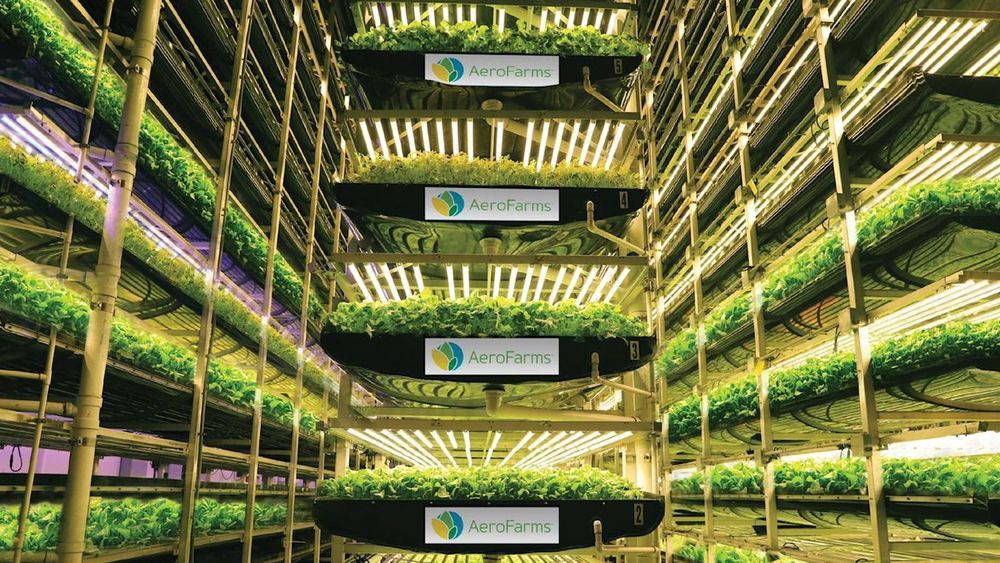

Looks like the Centers for Disease Control and Prevention (CDC) has found the root cause of the latest Salmonella Newport outbreak. And it’s not alien DNA or demon sperm. It’s onions, specifically red onions.
Yep, if you like red onions with your salads, on your pasta, in your burgers, or just all over your body, you may be shedding a tear. Eating red onions is the one thing that many people affected by this Salmonella outbreak seem to have in common. Well, that and diarrhea as well as all the other wonderful stuff that comes with Salmonella infections.
I first covered this outbreak eight days ago for Forbes. Back then, the cause of the outbreak, which had already affected at least 125 people in 15 states at the time, was unknown. The CDC couldn’t warn the public to avoid any specific foods, and avoiding all foods would not have been a practical suggestion.
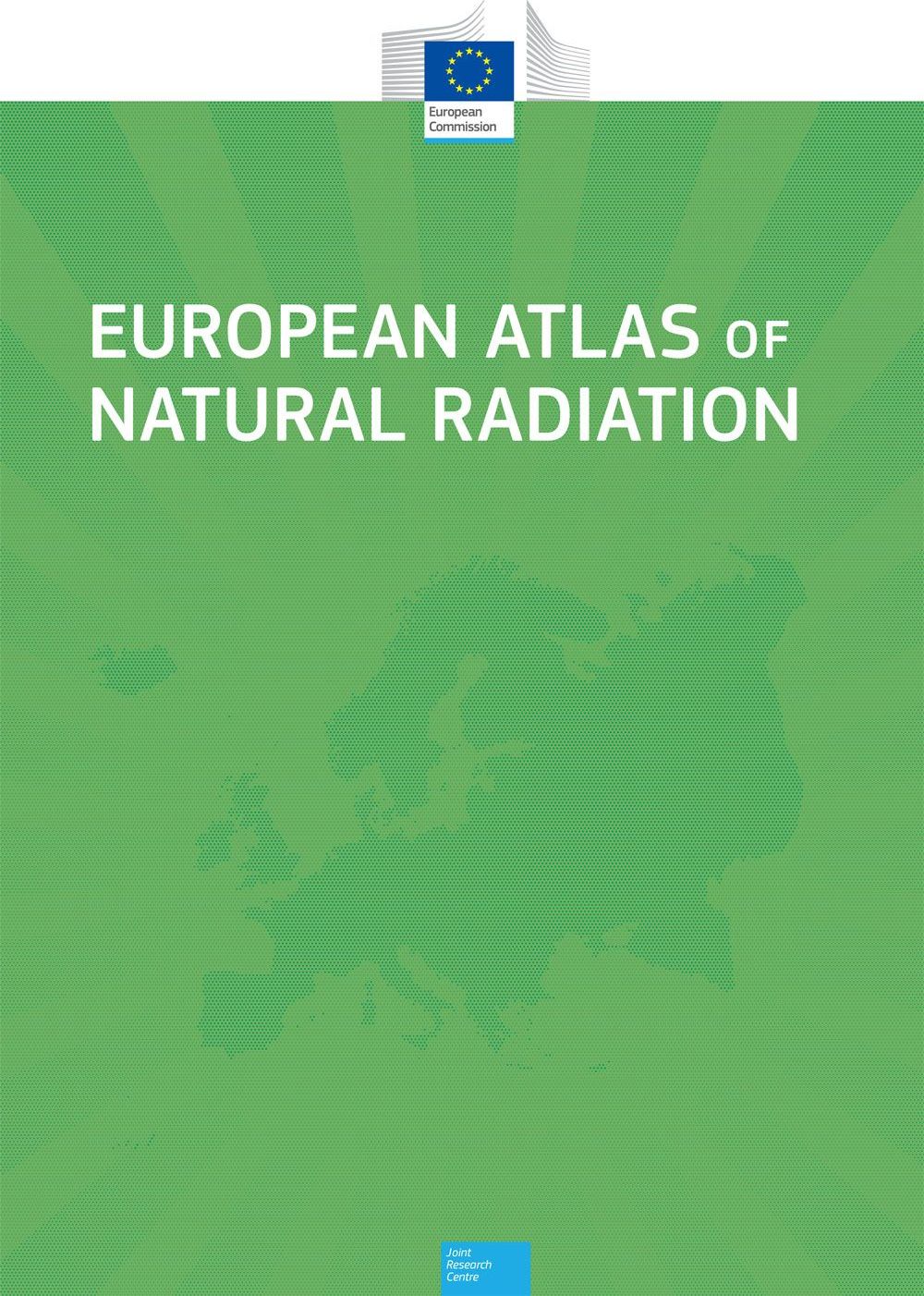
Do you know what natural ionising radiation is? Where can you find natural resources of radiation? What are the levels of natural sources of radiation in Europe? Do you know the pathways of ionising radiation? Natural radionuclides, both terrestrial and cosmogenic, migrate in the environment through different pathways: air, water, rock, soil and the food chain. Radionuclides may then enter the.
Human body through ingestion (food and drinking water) and inhalation giving, so-called, internal exposure. External exposure is due to cosmic radiation and radiation from terrestrial radionuclides present in soil, rock and building materials. The first ever ‘European atlas of natural radiation’ uses informative texts, stunning photographs and striking maps to answer and explain these and other questions.
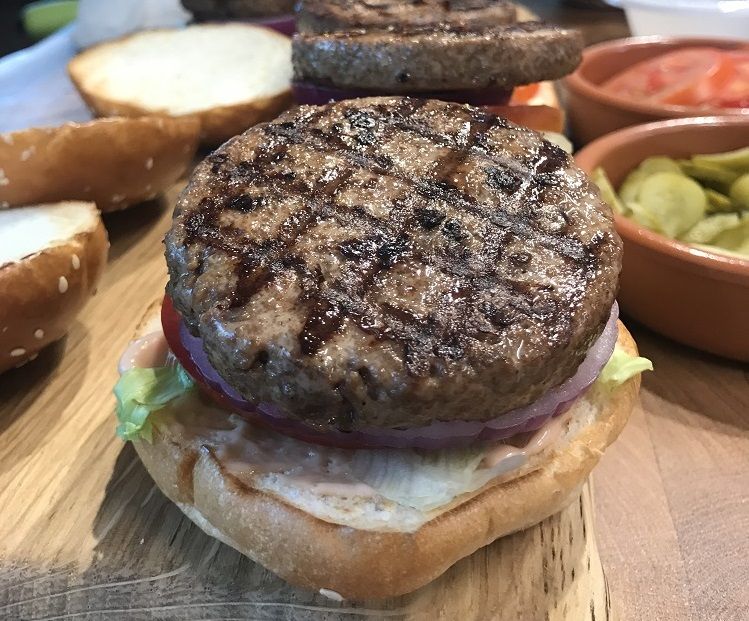
Robot that 3D prints and cooks plant-based meat alternatives for foodservice — can replace manufacturing practices.
Israeli start-up SavorEat has developed an automated, closed system that 3D prints and cooks plant-based meat alternatives for foodservice. “This robot can replace manufacturing practices,” CEO Racheli Vizman tells FoodNavigator.
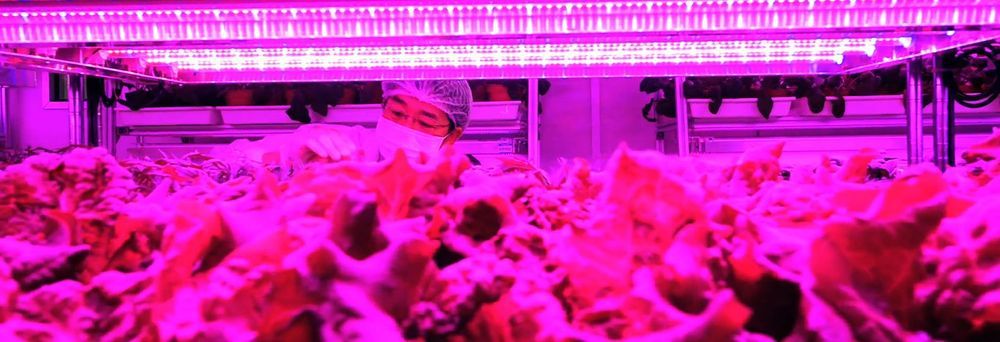
In this state of science video, we talk about how the company Higher Steaks has created the world’s first lab-grown bacon. This adds to humanity’s arsenal of lab-grown meat and is a step towards sustainability both in terms of saving the planet and in terms of the decreasing pig supply.
Discord Link: https://discord.gg/brYJDEr
Patreon link: https://www.patreon.com/TheFuturistTom
Please follow our instagram at: https://www.instagram.com/the_futurist_tom
For business inquires, please contact [email protected]

This sucks.
Per- and polyfluoroalkyl substances (PFAS), found in many household products and food packages, have raised concerns because of their persistence and possible toxicity to people and wildlife. Because the compounds don’t break down naturally, they have become environmental contaminants. Now, researchers reporting in Environmental Science & Technology have studied the transport of 29 PFAS into and out of the Arctic Ocean, detecting a newer compound for the first time in Arctic seawater.
After studies indicated that two PFAS—PFOA and PFOS—can cause cancer, a compromised immune response and other health problems in lab animals, the two compounds were voluntarily phased out by industry. However, these legacy compounds are still widely detected in the environment. Intended as a safer replacement for PFOA, HFPO-DA (sold under the trade name GenX) is now thought to pose similar health and persistence concerns. Hanna Joerss and colleagues wanted to investigate the long-range, oceanic transport of legacy and replacement PFAS to the Arctic Ocean—a remote body of water connected to the Atlantic Ocean by the Fram Strait, which is located between Svalbard and Greenland.
Aboard an icebreaker research ship, the team collected water samples along two Fram Strait currents entering and exiting the Arctic Ocean and along a path from Europe’s North Sea to the Arctic Ocean. Using mass spectrometry, the researchers detected 11 PFAS in the ocean water, including PFOA, HFPO-DA and other long- and short-chain PFAS. This was the first time that HFPO-DA had been detected in seawater from a remote region, indicating that the compound can be transported long distances. Higher levels of PFAS were detected in the water exiting the Arctic Ocean compared with the water entering the Arctic from the North Atlantic. The PFAS composition in the outgoing water suggested that more of these compounds arose from atmospheric sources than from ocean circulation.